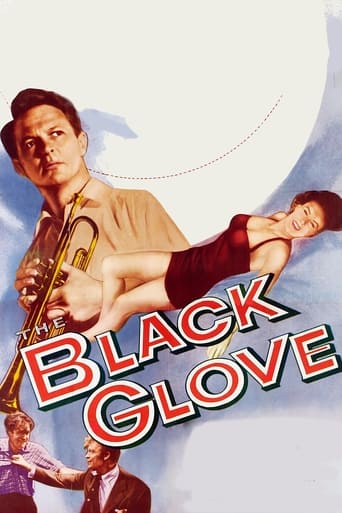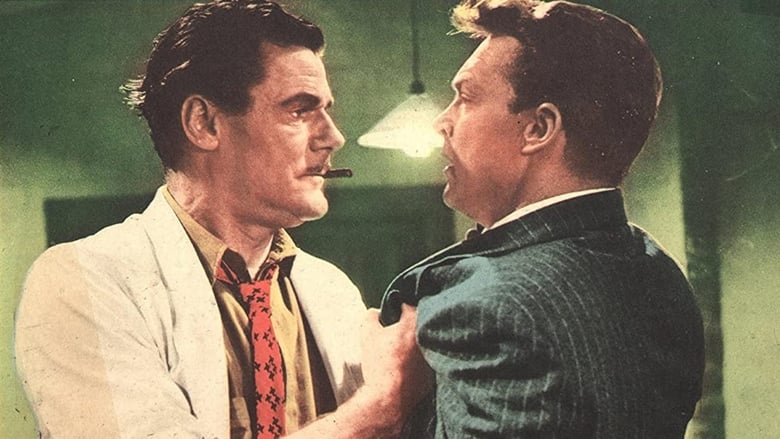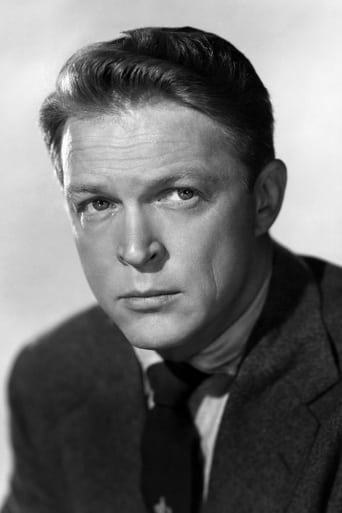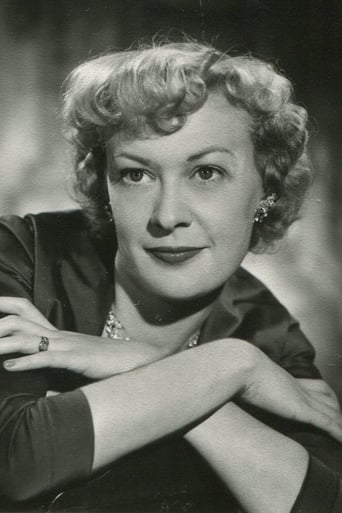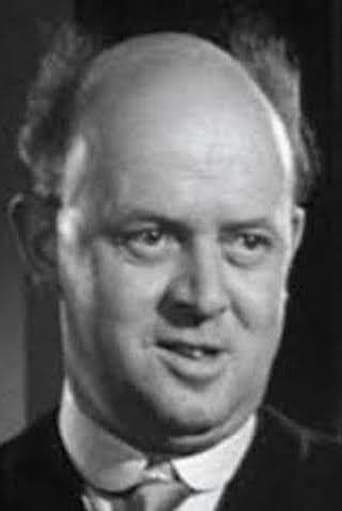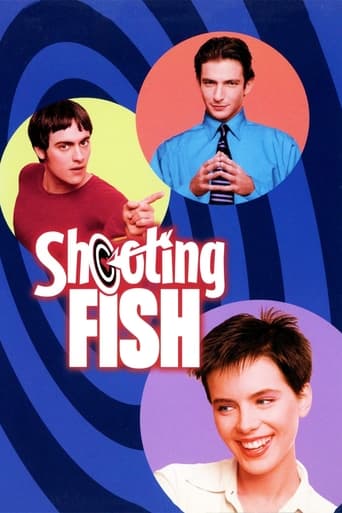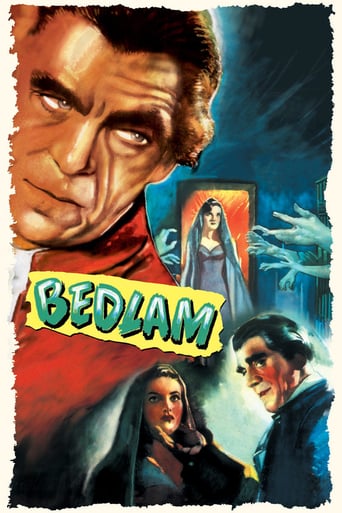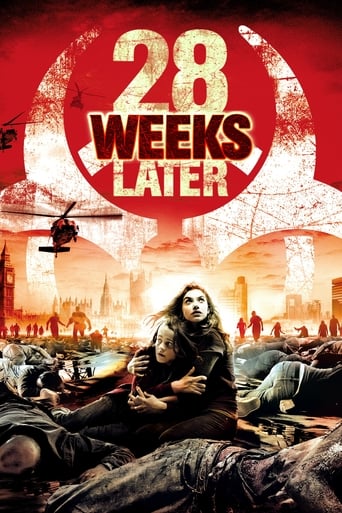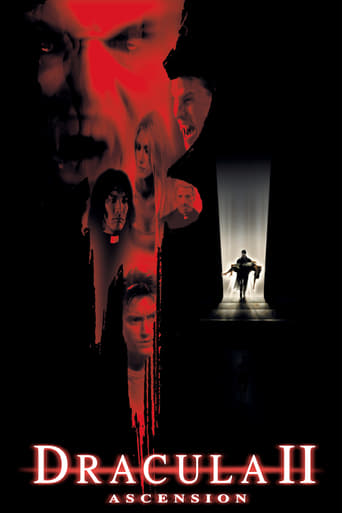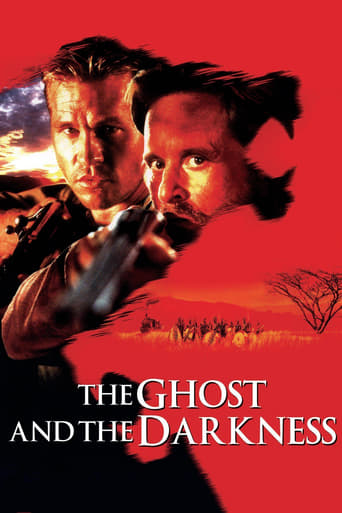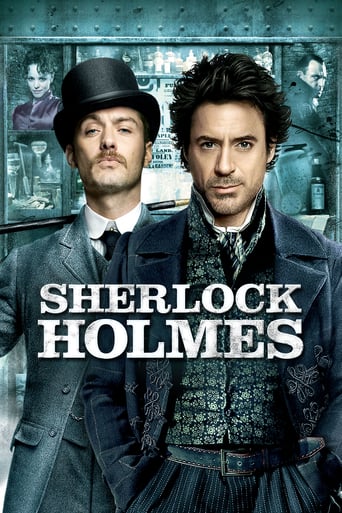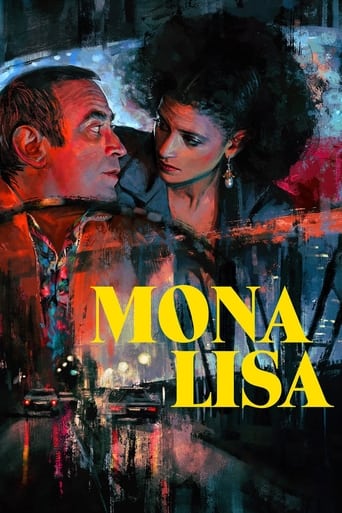Face the Music (1954)
A famed trumpet player is suspected of murdering a blues singer. Using only two minor clues, he narrows the suspects to four people, but only after surviving poison placed on the mouthpiece of his trumpet!
Watch Trailer
Cast
Similar titles
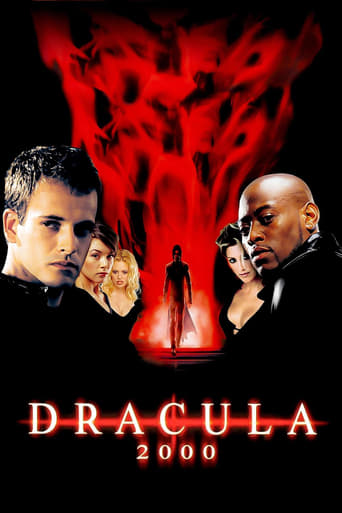
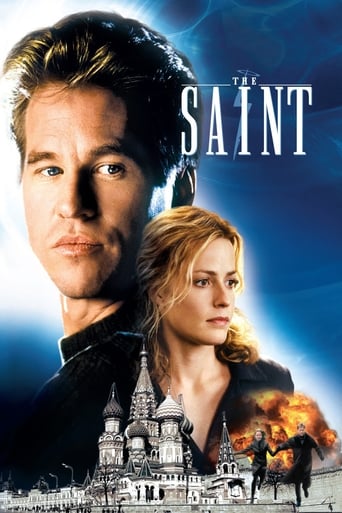
Reviews
Wonderful character development!
Truly Dreadful Film
Captivating movie !
It's entirely possible that sending the audience out feeling lousy was intentional
There is far too much music and not enough mystery.It means that the film lasts 15 minutes more then need be.Alex Nicol is yet another key lagged American who stumbled unwisely into a situation that leads to murder..He then spends the rest of the film trying to solve who is the murderer between blowing his own trumpet.It really is not particularly exciting.
Terence Fisher directed the 1954 "The Black Glove" (British title: "Face the Music") for Hammer in which Alex Nicol starred before he made the far more important "House Across the Lake" for writer- director Ken Hughes. In this "Face the Music", Nicol is a cornet player (his solos are superbly dubbed by Kenny Baker, who can also be spotted on screen as the band leader) who becomes innocently involved with a girl (Ann Hanslip) who is later found murdered. Despite the familiar plot, Fisher manages to create a fair amount of atmosphere and tension before the final somewhat disappointing climax in which the real killer is unmasked. Fortunately, the film is strong on milieu and music, and also has some smart dialogue. However, Eleanor Summerfield is wasted in a nothing role (although it starts promisingly). And at 85 minutes, the film is longer than most "B" movies. But what could you cut? I wouldn't like to cut any of the musical numbers. You could take the scissors to Paul Carpenter's role, but he not only provides some much-needed action, but he's mighty convincing as well. In any event, his role is, if anything, too short! (Available on an excellent VCI DVD coupled with a U.S.A. cut-down of "Third Party Risk" a.k.a."The Big Deadly Game")
The Black Glove (AKA: Face the Music) is directed by Terence Fisher and adapted to screenplay by Ernest Borneman from his own novel Face the Music. It stars Alex Nicol, Eleanor Summerfield, John Salew, Paul Carpenter and Geoffrey Keen. Out of Hammer Film Productions, music is by Ivor Stanley and Kenny Baker, and cinematography by Jimmy Harvey.Brad Bradley (Nicol) is an American trumpet player in London who finds himself suspected of murdering a lady blues singer. Bogged down by lack of sleep and with only minor clues to work from, Bradley trawls the basement Jazz clubs of the city trying to clear his name.I felt like yesterday's corpse when I finally got away that night.A murder mystery with shades of noir, The Black Glove is a decent viewing experience for the most part but one that is ultimately undone by a weak finale. Clues are followed, mystery element is strong, but the writer cheats a bit as the reveal plays out in Hercule Poirot fashion. The atmosphere and tone of the picture is impressive, we are in a world of low level music bars and one bed apartments, London's bright lights serving as the backdrop as Brad Bradley goes sleuth. He narrates as well, often providing us viewers with some wry or grizzled observations, the dialogue sharp and a bonus aspect in the film. The music is snazzy, with Kenny Baker and his Dozen providing the backbone for this music set drama, the trumpet sections particularly enjoyable. Most of the film is lighted to provide shadows, but one pre-crime shot involving street lamps only makes us lament there wasn't more of this type of photography within. Cast are good enough, especially the likable Nicol, and direction from Fisher, who would go on to become a legend amongst Hammer Horror fans, is safe and assured. 6/10
Taking advantage of arrangements favoured by the UK's Eady levy (a state film subsidy established after the war) in 1950, American producer Robert Lippert formed a business alliance with Hammer studios. Under the agreement, Lippert would provide American acting talent - frequently shop-worn stars or just supporting actors who fancied a profitable trip out of the country - while Hammer would supply the rest of the cast and the production facilities. Together they would split the profits. Famous for his concern with the bottom line, Lippert produced over 140 films between 1946 and 1955, characteristically genre pieces such as I Shot Jesse James or Rocketship XM. For the British deal, most of the films were noir-ish thrillers. None were entirely of the first rank, but they remain never less than entertaining, and include THE BLACK GLOVE.The presence of Alex Nichol and the trumpet playing of Kenny Ball somewhat compensate for weaknesses elsewhere in The Black Glove (aka: Face The Music, 1953) a thriller set in a London world of basement jazz clubs, recording studios and dingy flats. The genial Nichol, perhaps best remembered today for his role as the rancher's crazed son in The Man From Laramie (1955), plays hero James Bradley, a musician who picks up a singer after a London concert, only for her to be murdered shortly after. Following the familiar pattern, Bradley has to discover the real killer and clear himself of suspicion. Nichol gives a likable performance as the trumpet player in a film that includes an archetypal noir voice-over as well as Kenny Ball's frequently soulful contribution on brass, which both add a good deal to the atmosphere. The opening, mutual attraction between Bradley and victim Maxine, played out over music, is especially fine. The intensity between kindred spirits recalls the first meeting in Gun Crazy (1950) while their later scenes just after, expressing their growing romance in cynical rhyming couplets ("Ashes to ashes, dust to dust, show me a woman a man can trust," etc), is also memorable. Bradley's continuous, professed lack of sleep adds to the dream-like mood of the piece. Maxine's sister Barbara works in Soho's Underground Club - "the sort of place you live horizontally or not at all" and most of the clues are found in and around the music produced there. The end of the film is more disappointing, a curious throwback to traditional whodunits, with principal suspects and interested police gathered together in a single room, so that the killer can be progressively unmasked. It's a clumsy and unconvincing narrative device. Director Fisher would later be associated with many of Hammer's celebrated Gothic horror releases.
